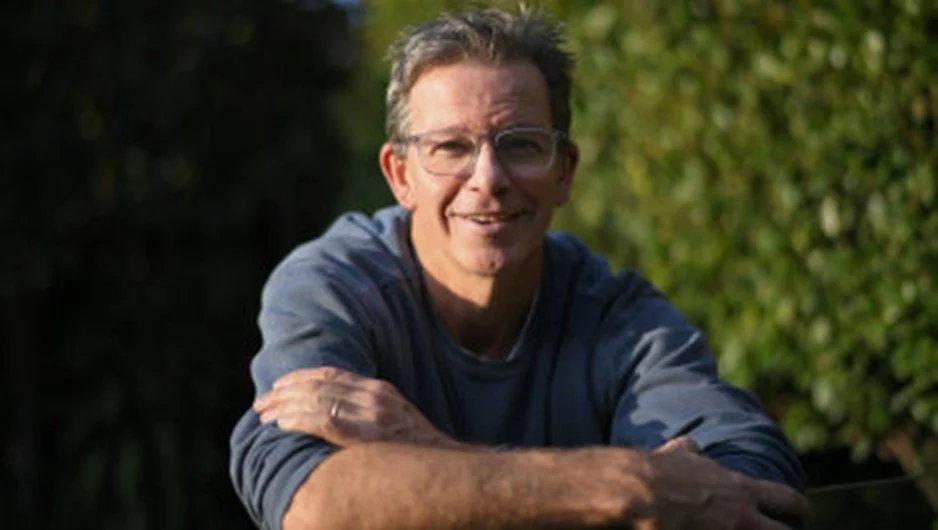If you are like me, you have been avidly watching the Australian Open tennis over the past couple of weeks. Watching Ash Barty in particular was awe inspiring. That comeback in the second set from 5-1 down was incredible. It made me think about the mindset and determination needed to muster that come back.
So, after a little digging, I discovered that Ash has a Mindset Coach - Ben Crowe. His philosophy is that success is “knowing that you’re worthy of chasing your goals and dreams, regardless of whether you achieve them.” He says, “it is not about seeking validation from the outcome”. Obviously winning, trophies and success are great, but they shouldn’t determine our worth and actual outlook. We don’t have to connect our success with winning alone. If Ash Barty hadn’t won the Australian Open, would that have made her an unsuccessful tennis player? We need to be able to recognise that obstacles that may prevent us from achieving our goals should not affect our positivity and passion for what we do.
Crowe posed a challenge to a reporter who interviewed him recently and he turned the tables and asked her a question instead.
“If I said ‘righto, for the rest of this year, what kind of human do you want to be, what words would come to mind?’” he asked. Thrown, the interviewer fumbles a bit. “Think about who you are at your absolute best,” prompts Crowe.
“Open, caring, playful”, she offers.
“They’re three f--king beautiful words,” he volleys with such enthusiasm you can imagine he must be slapping his thigh. “No matter what happens today, if you just focused on those words, the human that you want to be… that is success. Success, for me, is not in achievement.”
As humans we constantly struggle under the pressure of external validation. Crowe makes the point that when focusing on what is outside of our control, like the expectation of outcomes or the expectations of others, it only leads to stress, pressure and anxiety; it is a losing game. He indicates that what determines our confidence is not the actual outcome – that is not always within our control. What determines our confidence is firstly our skill building (learning) and secondly our mindset.
We can consider what success looks like for us and embrace the principles of a growth mindset with gratitude, appreciation and celebration. Success for some does mean achieving the goal they strive for and that’s ok. But it’s about not letting that outcome determine your worth and appreciation for what you do.
A great example of a growth mindset also comes from the great Roger Federer. Over the weekend Rafael Nadal won his 21st grand slam and Federer took to social media to share his congratulations. He wrote:
“To my friend and great rival Rafael Nadal, heartfelt congratulations on becoming the first man to win 21 grand slam single titles. A Few months ago, we were joking about both being on crutches. Amazing. Never underestimate a great champion. Your incredible work ethic, dedication and fighting spirit are an inspiration to me and countless others around the world. I am proud to share this era with you and honoured to play a role in pushing you to achieve more, as you have done for me the past 18 years. I am sure you have more achievements ahead but for now enjoy this one!”
A great champion and leader with a growth mindset can show appreciation of someone else’s skill and achievement and not see it as a threat but an accomplishment to be celebrated. Again, mindset for the win.
There is a difference between expectation and appreciation. Wouldn’t it be refreshing it we took an expectation break and start to accept and take what we can from the present moment. As Robin Williams once said, "Trade your expectations for appreciation and your whole world changes in an instant." Success does need to be categorised in a step-by-step process with an outcome at the finish line, sometimes life doesn’t always go our way. If you had the opportunity of competing in the Olympics and didn’t receive a medal, would that discredit the achievement and skill you have for the sport? Appreciate the opportunities you have, let go of the need for a solid foundation that doesn’t exist.
What is your definition of success?
Want to reframe your definition of personal success? Get in contact with Michelle Bakjac via email at michelle@bakjacconsulting.com to enquire about coaching and training to develop your strategies.
Michelle Bakjac is an experienced Psychologist, Organisational Consultant, Coach, Speaker and Facilitator. As Director of Bakjac Consulting, she is a credentialed Coach with the International Coach Federation (ICF) and a member of Mental Toughness Partners and an MTQ Plus accredited Mental Toughness practitioner. Michelle assists individuals, teams and organisations to develop and improve performance, leadership, behaviour, resilience and wellbeing. You can find her at www.bakjacconsulting.com
































